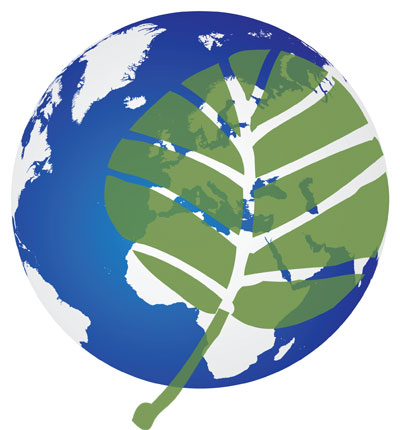Amidst the reality of tensions often fueled by religions, a group of Christian, Muslim and Jewish youth has formed a multi-faith community. As part of an interfaith summer course sponsored by the World Council of Churches (WCC), this community wants to work for the protection of creation – a concern they say is common to all faith traditions.
Among participants in the course is Tariq Abdul Akbar, a 21-year-old Muslim from the United States. A convert to Islam at the age 18, and a student at the Community College of Baltimore, Akbar realizes the importance of working together as religious communities for climate justice. “Where I come from, I observe separations within diversity. It is often politics rather than religious philosophies that divide us,” said Akbar. “However, we must know as people of faith that we need to put aside our religious differences and come together to raise awareness about climate change. After all this is a human rights issue and affects all people in the world.”
Mark Edwards, another student from the Church of Ceylon in Sri Lanka, echoes similar views. Edwards highlights the impact of climate change on developing countries, which he says are bearing the brunt of ecological disasters. Through scriptural reasoning sessions, where religious texts from Christian, Muslim and Jewish traditions were studied, Edwards finds his inspiration to address climate issues. “The ethical responsibility to respect creation is common to all the Abrahamic faiths,” he said. “The earth is a gift to all of us and we are responsible for its well-being,” he added.







